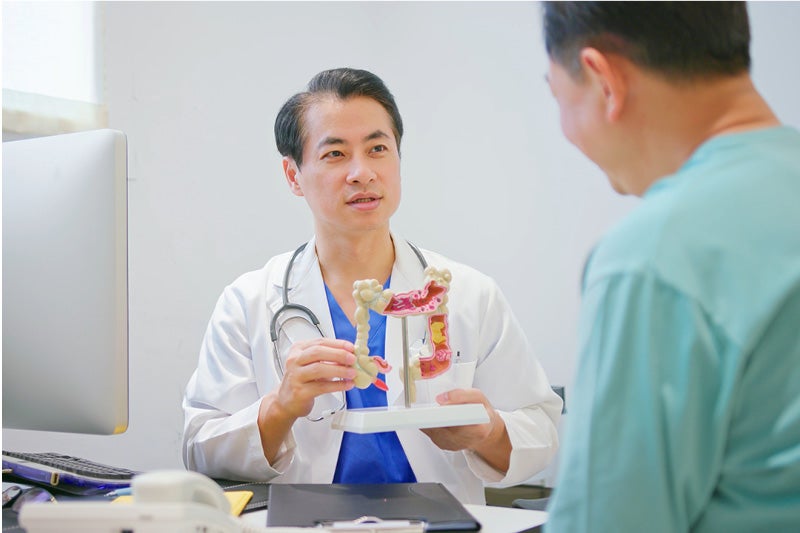MercyOne Surgical Care, provides patients with access to experienced, board-certified surgeons who specialize in evaluating and treating a wide range of health conditions. Most procedures are performed using minimally invasive endoscopic, laparoscopic techniques or advanced robotic technology. Whether it's complex to routine surgical treatment, our team is here to offer the expert care you deserve.
General Surgery
MercyOne General Surgery offers a broad range of surgical procedures, typically focusing on the abdomen, intestines and skin. Our general surgeons are trained to perform surgeries in several areas of the body for both adult and pediatric patients.
Common diagnoses treated by general surgery
-
Appendicitis
-
Bowel Obstruction
-
Breast Cancer
-
Colon Cancer
-
Diverticulitis (inflammation of pouches in the colon)
-
Esophageal Cancer
-
Gallstones and Gallbladder Disease
-
Gastrointestinal (GI) Bleeding
-
GERD (Gastroesophageal Reflux Disease)
-
Hemorrhoids
-
Hernia (inguinal, umbilical, incisional, and others)
-
Inflammatory Bowel Disease (IBD)
-
Liver Cirrhosis
-
Pancreatitis
-
Peptic Ulcers
-
Rectal Cancer
-
Skin Cancer
-
Thyroid Disorders
-
Traumatic Injuries
Common general surgery procedures
-
Appendectomy
-
Breast Biopsy
-
Cholecystectomy (gallbladder removal)
-
Colectomy
-
Hemorrhoidectomy
-
Hernia repair (Herniorrhaphy/Hernioplasty)
-
Lumpectomy
-
Mastectomy
-
Skin grafting
-
Splenectomy
-
Surgical removal of cysts and lipomas
-
Surgical intervention for trauma
-
Thyroidectomy
Other MercyOne Surgical Specialties
- Bariatric Surgery
- Cardiothoracic Surgery
- Colon and Rectal Surgery
- Eye Surgery (Ophthalmology)
- Gynecologic Surgery
- Neurosurgery
- Orthopedic Surgery
- Otolaryngology (ENT) Surgery
- Pediatric Surgery
- Podiatric Surgery
- Plastic and Reconstructive Surgery
- Robotic Surgery
- Spine Surgery
- Surgical Oncology
- Trauma Surgery
- Urological Surgery
- Vascular Surgery







